Major Power Relations
Your Present Location: PROGRAMS> Major Power Relations-
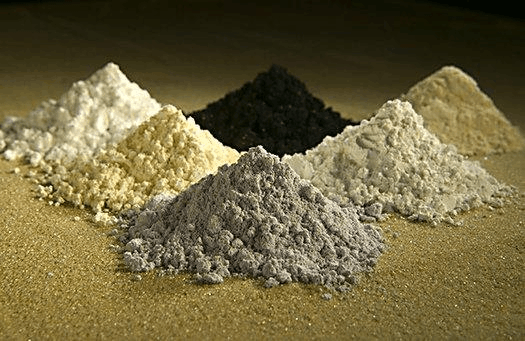
Rare earth minerals excluded from U.S. latest tariff list on China
Rare earth and other critical minerals launched by the U.S. are excluded from the additional tariff list on imports from China, reflecting its reliance on the world's top producer of rare earth elements.
2019-05-20 -
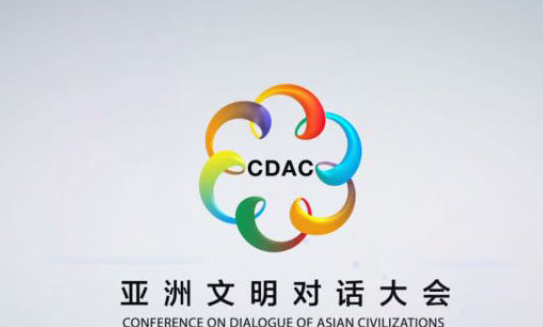
China to put soft power on show as ‘clash of civilisations’ debate comes back to life
Chinese President Xi Jinping is expected to try to reassure Asia that China’s emergence will not threaten the existing world order when he opens a conference in Beijing designed to promote the country’s soft power.
2019-05-17 -
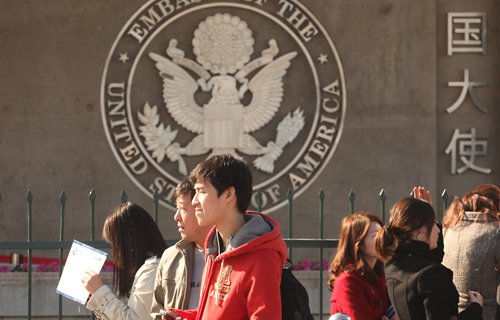
US scraps scholar’s lecture, Chinese academics urge continuous unofficial exchanges
The US Embassy in China confirmed on Wednesday that a US scholar's speech on economic matters to a think tank in Beijing was canceled due to the incorrect description of his title, while Chinese observers called for stable and continuous non-official ties in times of tensions.
2019-05-16 -
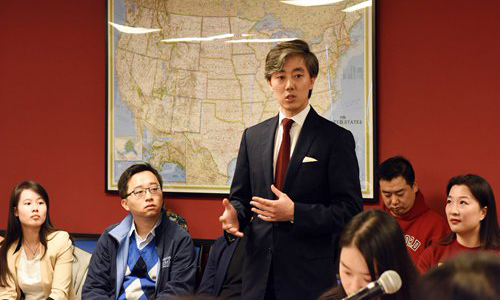
Concerns rise over US college admissions
The escalating US-China trade war not only rattled global markets this week but also triggered concerns that top US colleges might tighten their admission of Chinese students, or even close the door for good.
2019-05-16 -
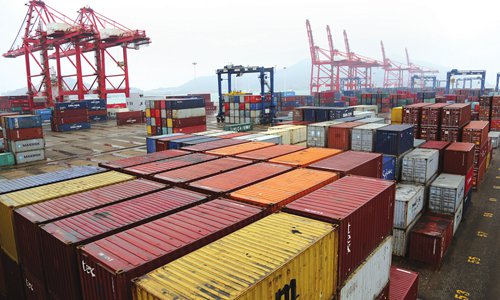
China retaliates against US tariffs while leaving room for trade talks
China hit back at US President Donald Trump's latest tariffs on Chinese goods on Monday, announcing tariffs of between 5 percent to 25 percent on 5,140 US-originated products effective June 1, showing a rational stance of Beijing and leaving room for the two to reach a final trade deal, experts said.
2019-05-16 -
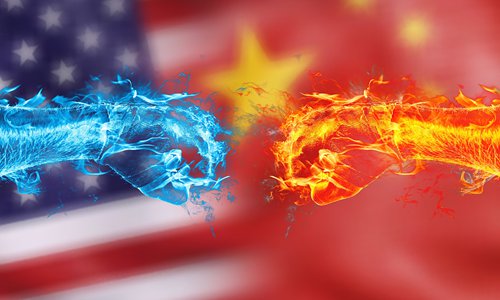
To US: ‘We will fight to the end’
This unusual message on the trade war with the US disseminated by China's state broadcaster during the country's most-watched daily news show on Monday night was a top search topic on social media on Tuesday.
2019-05-16 -
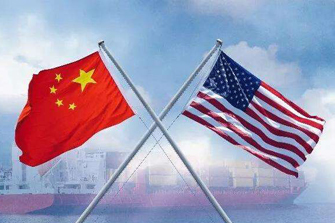
Jin Canrong: China has three trump cards to win trade war with US
China is not afraid of the US on trade issues. It is better for the trade war not to happen since it will hurt both sides. But if the trade war happens, China will win. It may be an unexpected outcome even for US President Donald Trump who, like other US elites, believes the US has advantages.
2019-05-16 -
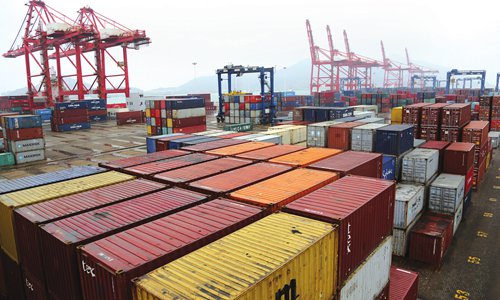
China’s retaliation measures ‘rational’
China's latest countermeasures against US tariff hikes demonstrated its "rational" attitude toward the ongoing trade war as the retaliation left room for further negotiations while also easing pressure on domestic companies, experts said on Tuesday.
2019-05-15 -
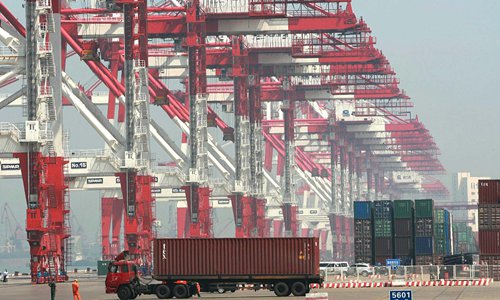
China pushes back on US claims, keeps options open
China on Tuesday stepped up criticism of the US as tensions between the world's largest economies continued to escalate, blaming the US for the renewed escalation that has roiled global financial markets and saying the US has underestimated China's resolve and ability to defend itself.
2019-05-15 -
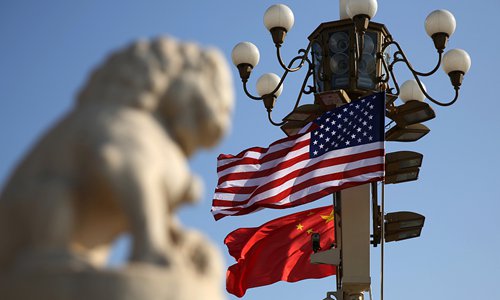
China hits back at US tariffs
China on Monday struck back at US tariffs on Chinese goods, announcing duties of between 5 percent to 25 percent on more than 5,100 products from the US worth tens of billions of dollars.
2019-05-15 -
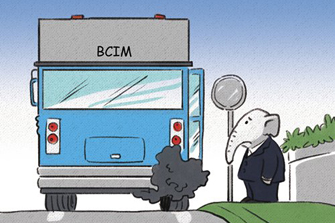
Liu Zongyi: BCIM devt awaits India’s participation
In the late 1990s, the academic community in China's Yunnan Province proposed economic cooperation with Bangladesh, India, and Myanmar. The idea was embraced by academics from the three neighboring countries.
2019-05-15 -

China not to compromise on major principles, capable to cope with challenges: think tanks
Facing US tariff hike threats, China has adhered to its bottom line, defended national dignity and people's interests, experts with domestic think tanks said Sunday at a symposium on China-US trade relations.
2019-05-14 -
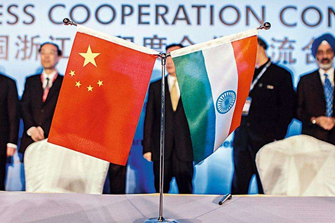
Gap between China and India widens under Modi
As the 2019 Indian general election gets underway, there has been discussion about whether India has lagged further behind China over the past five years under the Modi government.
2019-05-14 -
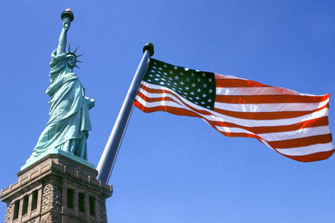
John Ross: With few weapons to fight an economic slowdown, the US faces dilemma
Current US administration actions on trade make it important to carry out a calm objective comparison of the economic situation of China and the US. This is particularly necessary because the US administration engages in inaccurate boasting while China tends to present its economic situation in a calm, even modest, way. But, in very serious matters, there is no virtue in exaggeration -- there is only virtue in realism.
2019-05-14 -
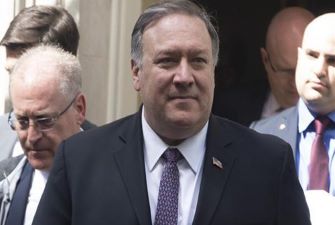
FM slams Pompeo’s endless accusations at various international forums
Chinese Foreign Ministry on Thursday slammed "someone in the US side" who makes endless attacks on China, in response to US Secretary of State Mike Pompeo's frequent accusations against China at different international occasions.
2019-05-10 -
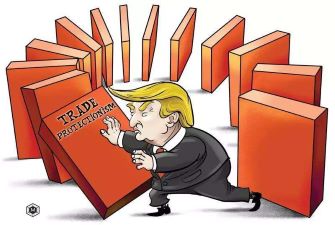
Liu Dian: Trump's old tricks won't change trade truce momentum
After months of negotiations, it seemed like China and the U.S. were entering the final stage of their trade talks. However, on May 5, only three days before the planned 11th round of China-U.S. talks in Washington, President Donald Trump suddenly announced that he would hike tariffs to 25 percent from 10 percent on 200 billion U.S. dollars' worth of Chinese goods.
2019-05-10 -
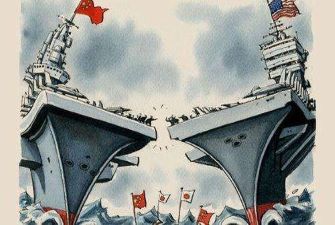
Chen Dingding: There Is No US-China ‘Clash of Civilizations’
The world has changed dramatically over the past few decades and is trending today toward greater complexity and diversity. The popular “clash of civilizations” theory proposed by Samuel P. Huntington is somewhat too simple for modern society. However, this thought is now coming back to life, and might even be unilaterally implemented into policy practice in the United States toward China. Kiron Skinner, the U.S. State Department’s policy planning head, has reignited this discussion with her recent observation that China is “not Caucasian” at a recent event. Her broader remarks made clear that the U.S. State Department taking pains to prepare for a “clash of civilizations” with China.
2019-05-10 -
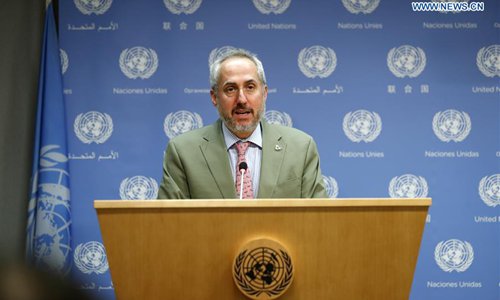
Chinese experts warn of heavier US sanctions on Iran
China called on related parties to exercise restraint, strengthen dialogue and avoid escalating tensions after Iran announced it would withdraw from some of the provisions of the Iran Joint Comprehensive Plan of Action (JCPOA) on Wednesday, considered a response to the "illegal" withdrawal of the US from the agreement a year ago.
2019-05-09 -
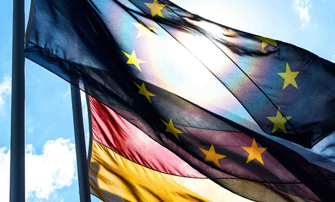
Is the united post-WWII Europe on the verge of dissolution?
"History is back," said French Economy Minister Bruno Le Maire of present-day Europe. In a way, he's right – the Europe that was once beset by war is returning to a state of divisiveness as its experiment with solidarity comes apart due to rising populist sentiments.
2019-05-09 -
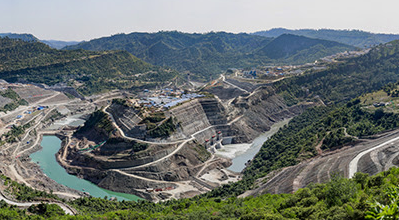
China-Pakistan bilateral trade will enter into the fast track of development
Prime Minister Imran Khan has successfully concluded a friendly visit to China. During his visit, Mr. Khan not only had a cordial meeting with President Xi Jinping and Premier Li Keqiang, but also signed a series of cooperation agreements. As of the end of April 2019, 11 of the 22 early harvest projects in the China-Pakistan Economic Corridor (CPEC) have been completed, and the remaining 11 projects are under construction. It is particularly worth mentioning that about 70% of the 870 MW Suki-Kinari Hydropower Project (SKHPP) constructed by China Energy Engineering Group Co. has been completed.
2019-05-08

























































































 京公网安备 11010802037854号
京公网安备 11010802037854号





